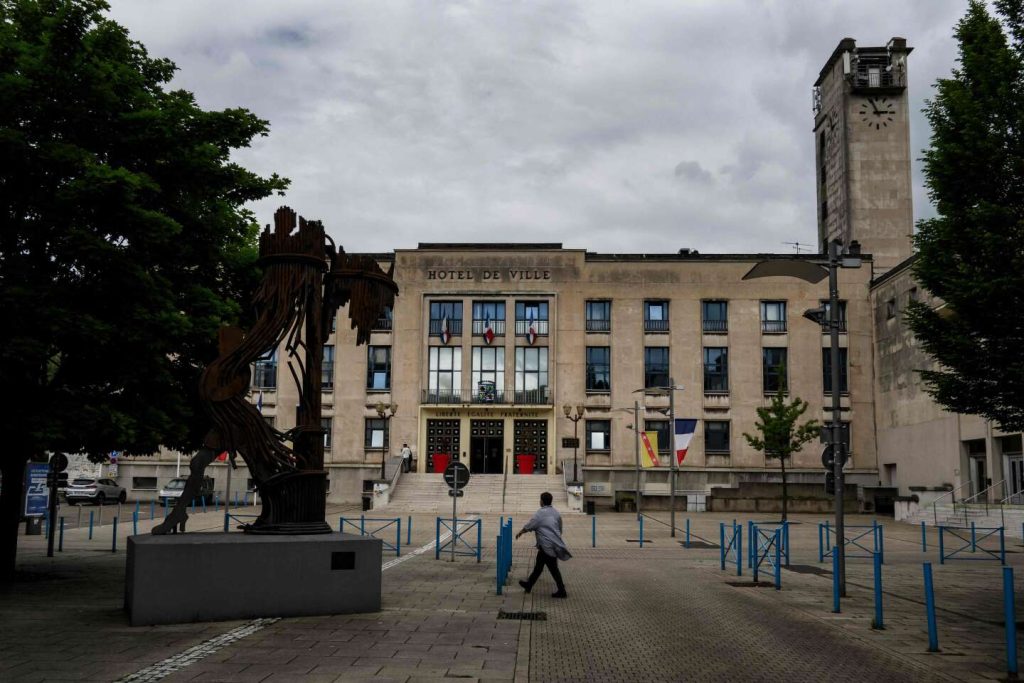In the fall of 2023, a significant discussion on decentralization in France raised the question of how much the administrative “layer cake” costs French taxpayers. After six months of work, Boris Ravignon, the mayor of Charleville-Mézières and member of the political party Les Républicains, estimated that the entanglement of responsibilities and competences between the State and local authorities, as well as between local authorities themselves, amounts to 7.5 billion euros per year. This figure was the result of a mission entrusted to Ravignon by the government in December 2023, and his report was officially submitted to the executive on May 29.
Ravignon’s work is meant to complement the more general report of Eric Woerth, a member of parliament from the Oise department, who is set to present his own report to the President on May 30. The goal of these reports is to propose reforms to initiate a “new stage of decentralization” as envisioned by President Emmanuel Macron. The President has expressed dissatisfaction with the current state of decentralization, stating that the system is confusing and costly, diluting responsibilities and blurring lines between different levels of government.
The established cost of the administrative layer cake reveals that the largest portion of the 7.5 billion euros is shouldered by municipalities (4.8 billion). However, all levels of government are affected, with intermunicipalities, departments, regions, and the State also contributing significant amounts. The State, for example, allocates 16,000 civil servants to manage local finances, controlling revenues, paying bills, and overseeing financial operations. This complexity and delegation of tasks contribute to the overall cost of administration.
The 7.5 billion euros essentially represent the time and resources that territorial agents dedicate to navigating the complexities of the administrative structure. To calculate this figure, Ravignon’s team surveyed a range of local authorities and government services to determine the workload associated with managing the administrative layer cake. In total, 226 local authorities, 88 prefectures, and State services responded to the questionnaire, providing insight into the challenges and costs of the current system. The goal is to streamline responsibilities and improve efficiency in the administration process.
The findings of these reports will inform potential reforms aimed at simplifying the governance structure, clarifying roles and responsibilities, and reducing the financial burden on taxpayers. President Macron’s ambition is to reshape the territorial architecture to enhance democracy, accountability, and effectiveness in governance. By addressing the complexities and redundancies of the current system, the government hopes to create a more streamlined and cost-effective approach to decentralization. The discussions and proposals put forth by experts like Ravignon and Woerth will play a crucial role in shaping the direction of future decentralization efforts in France.


